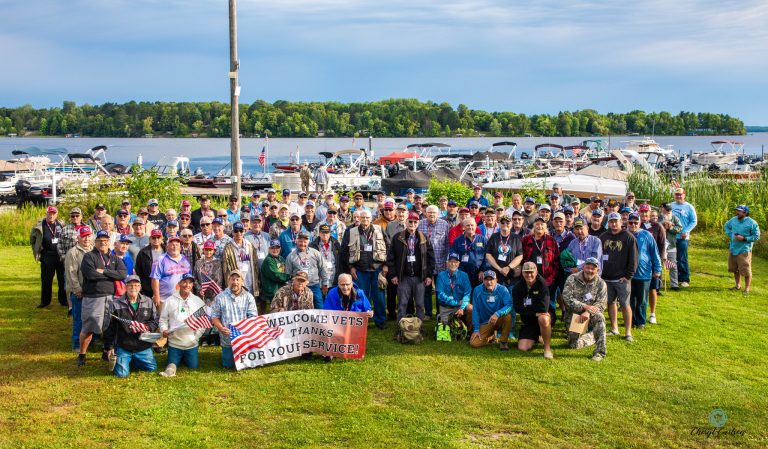2025 Loon Count
Joanne Bergman
Every year, a certain designated Monday in July dawns under a level of apprehension among veteran loon counters. Will today be a ‘Go’? If it’s rainy or if the water’s really choppy, no clear loon sightings will be possible, and there will be no accurate count of Pairs, Singles, and Chicks. Plan B is always to reschedule and attempt the count two days hence.
This year on Monday July 14, the sun rose over a glassine lake with ideal visibility. 23 boats took 75 observers out on Vermilion. Smarts Bay and Wolf Bay segments sighted the most with 12 and 10 respectively.
Clair Zwieg, our local coordinator, reported 62 loons on the west end of the lake and 103 on the east end, for a total of 165. This is down 28 loons from 2024 when our region suffered such devastating flooding.
Observers counted 12 pairs on the west end and 13 on the east, 28 singles on the west and 61 on the east; 10 chicks appeared on the west and 16 on the east end.
The annual Loon Count is an exciting participatory ‘sport.’ I call it a spectator sport, for you never know what you’ll see. You’re in the game and the loons are, by happenstance, in control of the outcome. You think you’ve spotted one, but your binoculars show the bird to be a duck or a cormorant or a floating chunk of driftwood. In a later morning moment, Yes! It’s a pair! Even better, the pair has survived summer storms with their vulnerable offspring intact!
Anyone who keeps binoculars on board the fishing or cruising boat may experience the same thrill of excitement. Go ahead, snap a photo without disturbing them. They trust us, and we respect them as our beautiful iconic state bird.
The Lake Vermilion Association and facilitators Claire Zwieg and Jill Korpela Bontems thank the 75 volunteers for their contributions of boats, time, and energy. The Loon Count has been an important measure of the health of our lake since 1983, when the total count was 166.
The website for the Minnesota DNR Loon Watcher Survey provides information, as does the loon monitoring program: www.dnr.state.mn.us/eco/nongame.

